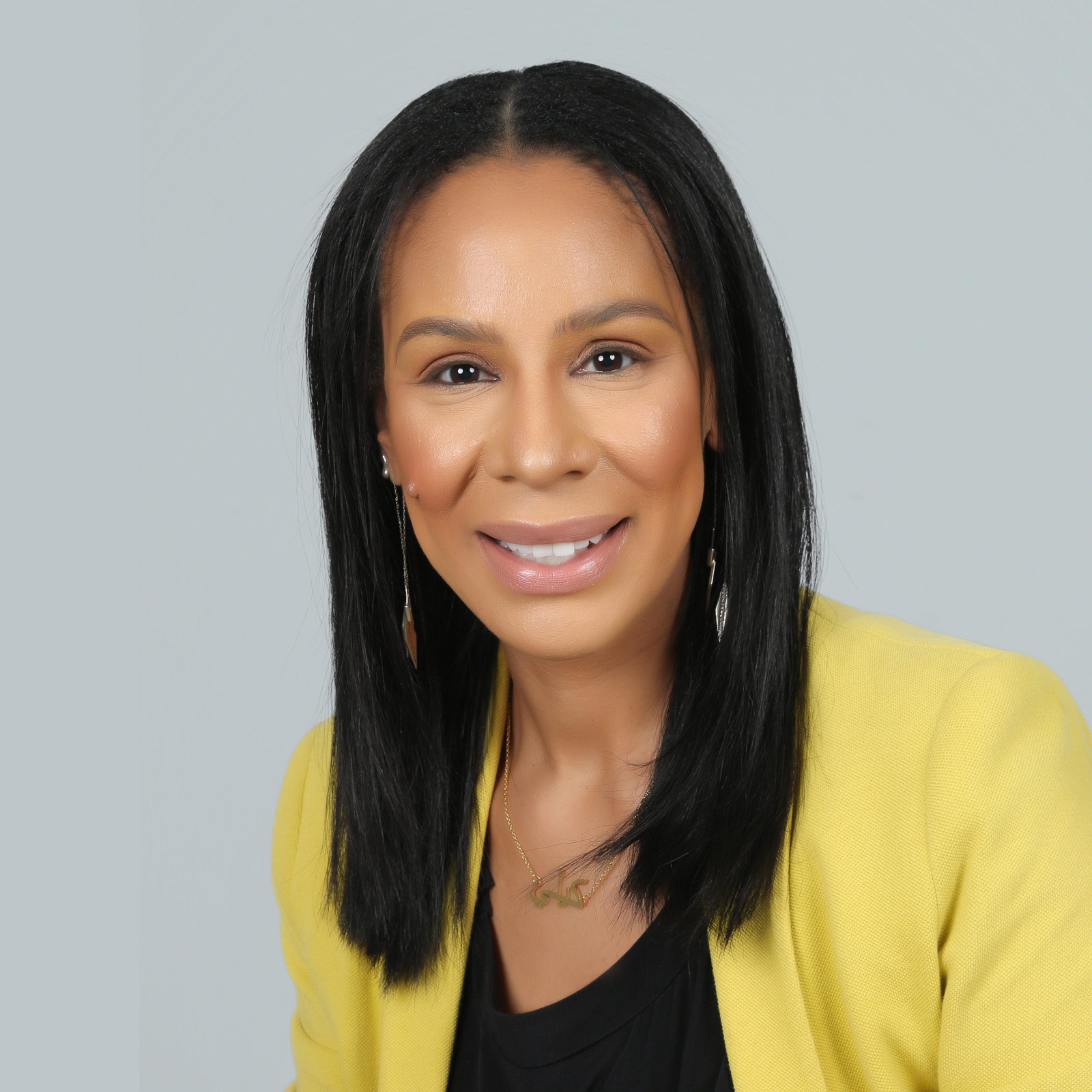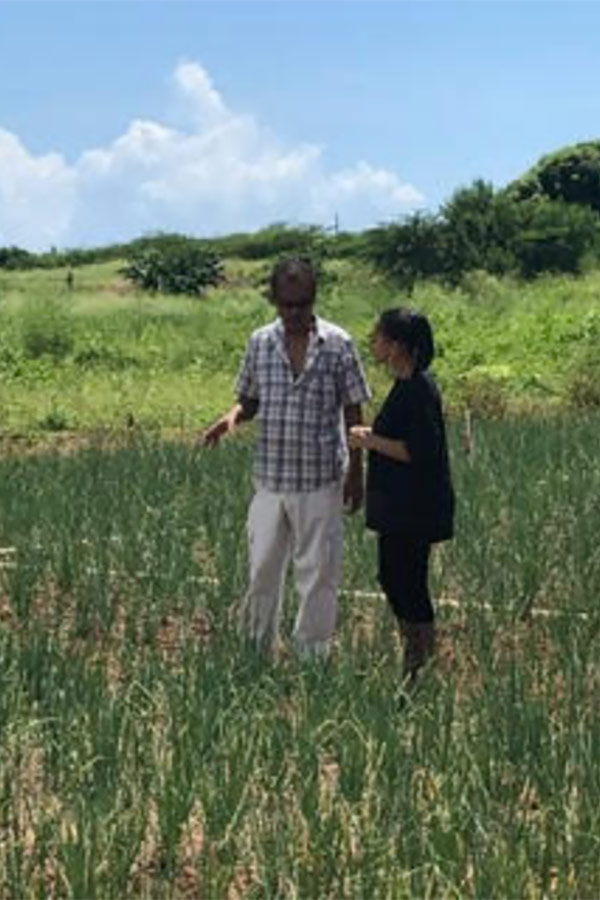
29 Nov Kelly Silvera: Using Powerful Narratives to drive Agritech for All
Running towards fires, is how Kelly Silvera describes her approach to life. Her deep curiosity and inclination to uncover stories and create change are evident throughout her career as a journalist and as an entrepreneur.
Born in the UK to Jamaican parents, she started out in journalism at the BBC as one of the first black women to receive a paid internship in the newsroom of the media giant. She shared that honour with her now business partner, Mutale Nkonde.
It wasn’t long before Kelly realised that news skewed towards particular perspectives leaving many stories of diverse peoples untold. That recognition led her to a 12-year career with Al Jazeera Media Network, in the hope of revealing those hidden narratives. She was instrumental in establishing its English speaking channels through over 60 offices worldwide.
Fawma
But Jamaica has always been home and she felt compelled to return. Now as co-founder and CEO of Fawma (Jamaican colloquial for “farmer”) she is drawing on the brutal realities of slavery that defined the way farming was done for centuries in her homeland to create a different story.
Fawma is an artificial intelligence (AI) firm that uses precision technology to give smallholder farmers critical soil insights. Kelly describes how, through an annual subscription fee and an app, farmers can access information like when best to plant and apply fertilizer, how much fertilizer should be used, what yield to expect, when best to reap and where the demand for a particular product is. All this is delivered via simple text and audio prompts making it easy for even the least tech savvy users.
She explains further that, “…this is brand new tech. It’s being used sparingly in Northern California. It’s responsible for saving…the almond nut and some of the other nut varieties… it’s really, really expensive to deploy, and it’s in the hands of the few. What we are doing is putting it in the hands of the many, and ensuring that we are able to save output; the crops that are really important to us; from yellow yam to callaloo to sweet greens… the foods that are part of our culture. Unless there is intervention, we’re going to lose them because climate change, as we’re seeing, is just more and more and more prolific, as the years go by. So we need to employ tech intervention to ensure that we have a proven system to rely on.”

Kelly explaining how Fawma works to St Elizabeth businessman Kenrick Vassall owner of a food processing factory in the parish
Why Agritech?
So how does a journalist end up becoming the CEO of an AgriTech startup? Kelly credits her grandmother, who she describes as a “force of nature” as the inspiration for this startup and others that she’s previously led.
Silvera gives a brief glimpse into her grandmother’s life explaining that, “Young girls in certain communities don’t have choices. They are at the behest of older men, who have not so good intentions for them. My grandmother through farming, just by tending to her cash crops and tending to some cows, was able to economically empower herself. So she didn’t have to rely on those older men who were preying on her in the community.”
Reparative justice
The poetic justice of her grandmother’s triumph parallels the idea of what Kelly calls “reparative justice” for smallholder farmers through access to what would otherwise be untouchable technology.
Kelly explains that, “We need to make sure that us as descendants of [slaves] who were worked to death; us as those people who are descendants of those who had this sin inflicted on them, are able to be economically empowered from that same system that was created in this manner… There’s also the climate piece. Again, we’re on the frontlines of climate change, through no fault of our own. We have not been enjoying the spoils of gas guzzling cars [or] the spoils of a great robust market economy. No, we haven’t enjoyed that. The western world has enjoyed that. But we are paying the price, because we’re on the front lines of the most prolific weather systems, intense longer hurricane seasons, all of that. So there’s also a form of reparative justice that needs to come from climate, because we are the ones who are having to leave our homes… to go to other countries because climate change has made our way of life untenable.”
Experience with The Pivot Event
Kelly joined other Caribbean future makers to develop big ideas for a more sustainable Caribbean during the Pivot Event in 2020. She also submitted one of the winning ideas of the Pivot Search, a crowdsourcing competition for transformational ideas for the region.
Kelly notes about the experience, “The inspiration that came from being a part of that movement, the inspiration that came from being a part of those sessions, and just feeling like I was finally in the right room, there aren’t really words to describe it. And I’m a communicator, I know words.”
For her the Caribbean of 2040 above all should be a viable, livable place where reparative justice has been met and the climate will be “workable” for its people.
She encourages Caribbean future makers, wherever they are in the world, “we are amazing, and the solutions to our problems lie within us. So don’t be afraid to embrace those solutions. Don’t be afraid to dig deep and look at the way in which our resilience has brought us to this point. And to create businesses out of that resilience. That’s absolutely what I’m doing.”
And she is. At the time of interviewing she was in the middle of funding rounds for Fawma and working towards, “building the coalition that can realise the vision.”

